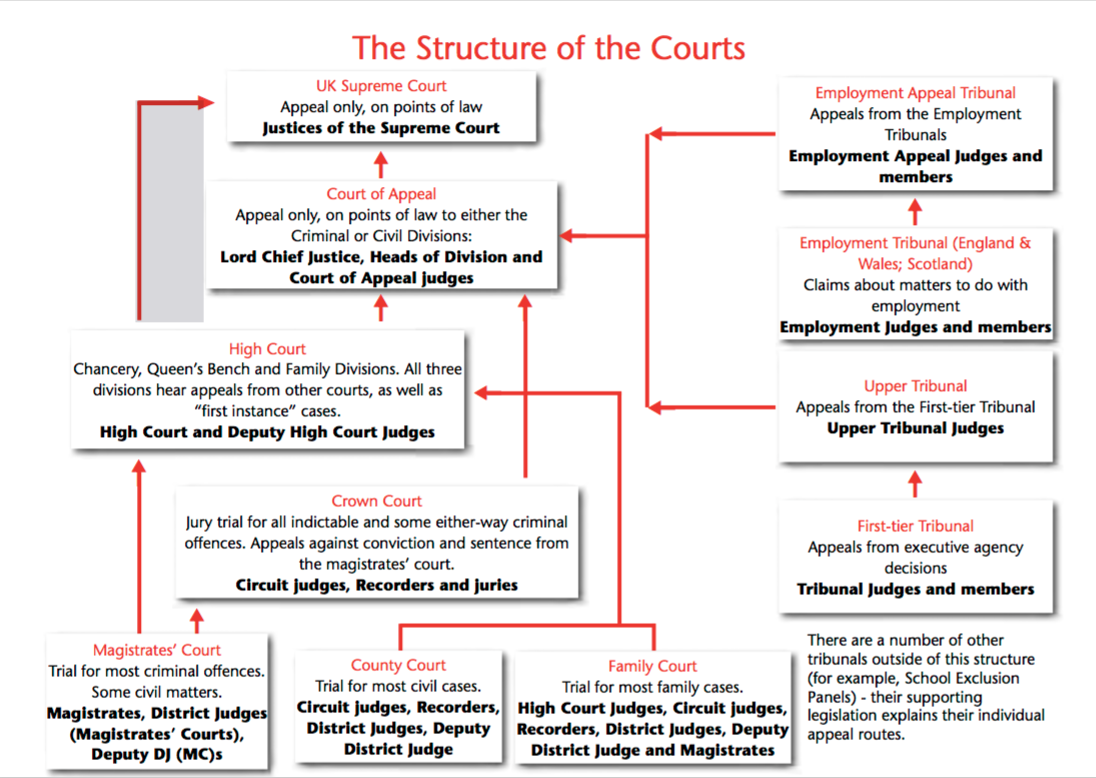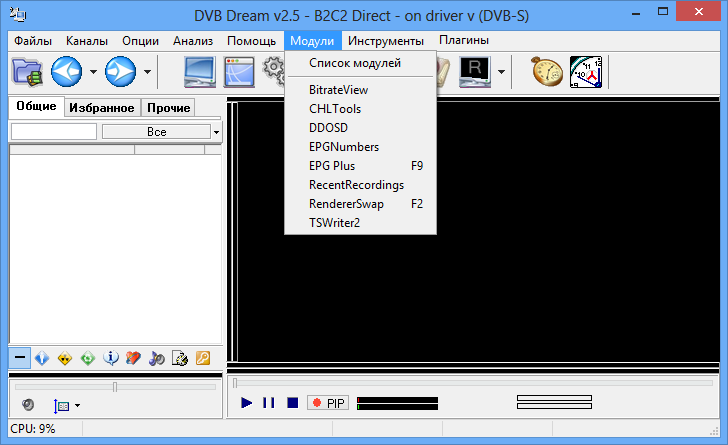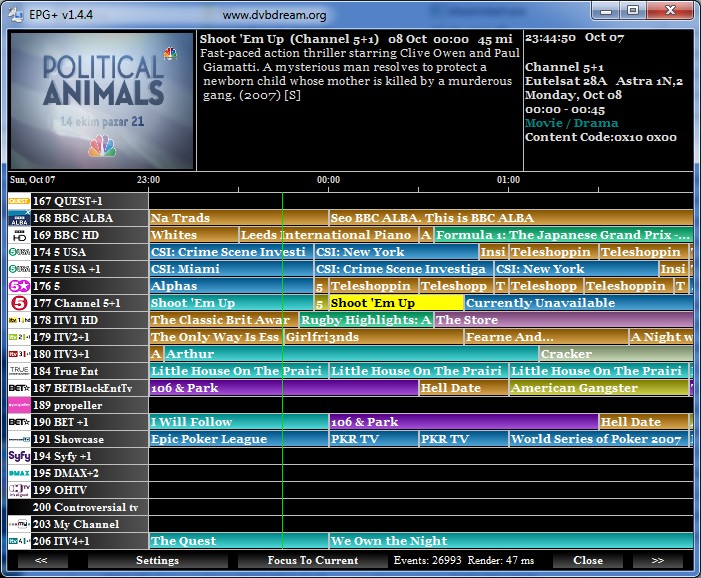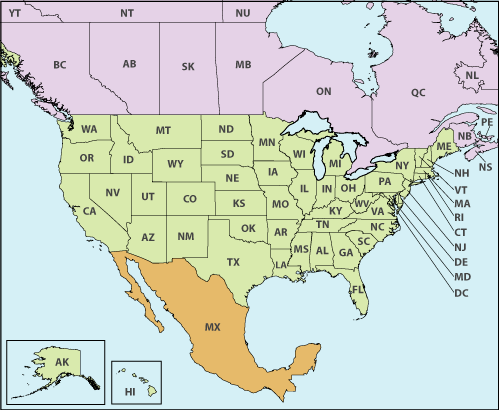The Federal Court of Australia Act deals with the nature, structure, operation and powers of the Federal Court, but not its jurisdiction (with the above exception of s 32). As to the powers of the Federal Court (once a matter is within its jurisdiction), see in particular. the jurisdiction under section 1332(a) of this title, the citizenship of defendants sued under fictitious names shall be disregarded. (2) A civil action otherwise removable solely on the basis The Center conducts research and produces resources on the history of the judicial branch of the federal government. These resources include compilations of historical data on the courts, information about judges and judicial administration, as well as publications on federal judicial history. Note: Diversity jurisdiction, federal question jurisdiction, and jurisdiction over admiralty and bankruptcy cases are examples of the federal courts' subject matter jurisdiction. Subject matter jurisdiction is generally established by statute. JURISDICTION OVER FEDERAL AREAS WITHIN THE STATES. The instant study was occasioned by the denial to a group of children of Federal employees residing on the grounds of a Veterans' Administration hospital of the opportunity of attending public schools in the town in which the hospital was located. The Federal Courts Jurisdiction and Venue Clarification Act (the Act) changes the treatment of resident aliens, meaning aliens admitted to the United States for permanent residence, for diversity jurisdiction purposes, effectively closing the federal Whether you are bringing or defending an appeal, Federal Appeals: Jurisdiction and Practice provides the guidance you need to determine whether an appeal is worth your time and your client's money. It contains indepth guidance on the constitutional and statutory underpinnings of. Federal crimes require federal jurisdiction For a crime to be prosecuted in federal court there must be a basis for federal jurisdiction. The federal jurisdiction may be expressly stated in the statute itself, or it may be stated by Congress when the law is enacted. You have been randomly selected as a prospective juror for the United States District Court, Central District of California. This federal court may summon citizens for jury service who live in Los Angeles, Ventura, San Luis Obispo, Santa Barbara, Orange, Riverside and San Bernardino Counties. Discover the best Federal Jurisdiction Law in Best Sellers. Find the top 100 most popular items in Amazon Books Best Sellers. Federal question jurisdiction is one of the two ways for a federal court to gain subjectmatter jurisdiction over a case (the other way is through diversity jurisdiction). Generally, in order for federal question jurisdiction to exist, the cause of action must arise under federal law. FEDERAL JURISDICTION AND PROCEDURE iii. a) Federal Interpleader StatuteMinimal Diversity. 17 b) Interpleader Under Federal RulesComplete. 7 Two Distinct Jurisdiction: State v. Federal The Separation of Powers Doctrine gives rise to two legislatively FOREIGN and SEPARATE jurisdictions: Separation of. jurisdiction to prescribe Canada is a federal state administered by a Constitution that specifies a division of powers between the national and provincial governments. The Government of Canada has prescriptive jurisdiction over most areas of legal concern in electronic commerce (ecommerce), including tax, intellectual property, banking. A graduate of Harvard Law School, Erwin Chemerinsky is the founding dean and distinguished professor of law and the Raymond Pryke Professor of First Amendment Law at the University of California, Irvine School of Law, with a joint appointment in political science. Description: This course focuses on the role of the federal courts in relation to the other branches of the federal government and in relation to the states and their courts. The Federal Court of Australia was created by the Federal Court of Australia Act 1976 and began to exercise its jurisdiction on 1 February 1977. The Court is a superior court of record and a. Appellate jurisdiction is the power of a higher court to review decisions and change outcomes of decisions of lower courts. Most appellate jurisdiction is legislatively created, and may consist of appeals by leave of the appellate court or by right. Federal courts have subject matter jurisdiction in only two kinds of cases: Cases that arise under a federal law (called federal question cases). Federal district courts have subject matter jurisdiction if your case is based on (arises under) any federal law. The jurisdiction of the federal courts has been defined by the Constitution, congressional statutes, and decisions of the Supreme Court of the United States. Videotaped presentation to newly appointed district judges on federal subjectmatter jurisdiction. The article begins with an explanation of the two jurisdictional elements that comprise supplemental jurisdiction: pendent jurisdiction and ancillary jurisdiction. federal jurisdiction In questions of powerlet no more be heard of confidence in man, but bind him down from mischief by the chains of the Constitution [and the wall of separation between church, which is you, and state, who are pagans. Federal Circuit jurisdiction over such cases made sense, considering the Federal Circuit was created by Congress to be the exclusive venue for patent appeals. In reaction to the Supreme Court's decision in Holmes, many commentators have discussed this change in the Federal Circuit's appellate jurisdiction and its effects on patent law. Jurisdiction definition, the right, power, or authority to administer justice by hearing and determining controversies. This Sweepstakes is subject to all applicable federal, state, and local laws and regulations. The Daily Beast Company LLC The New Alphas Sweepstakes Official Rules. Learn federal jurisdiction with free interactive flashcards. Choose from 343 different sets of federal jurisdiction flashcards on Quizlet. What is Federal Question Jurisdiction? This video discusses federal question subject matter jurisdiction in United States federal courts. To discuss further, feel free to send me an email and to. a case in federal court, the personal jurisdiction and subject matter jurisdiction need to be satisfied. 1) Creation Test: a suit arises under the law that creates the test. In United States law, federal question jurisdiction is the subjectmatter jurisdiction of United States federal courts to hear a civil case because the plaintiff has alleged a violation of the United States Constitution, federal law, or a treaty to which the United States is a party. Federal jurisdiction results only from a conveyance of state jurisdiction to the federal government for lands owned or otherwise possessed by the federal government, and thus federal jurisdiction is extremely limited in nature. Federal Jurisdiction Outline I. The limits to judicial power 1. Inherent limitations: Depend on executive to enforce; Fed. 78 least dangerous branch FEDERAL JURISDICTION. The power of the United States to tax is limited to persons, property, and business within their juridiction, as much as that of a state. At the federal level, the district courts are courts of general jurisdiction. Federal courts of special jurisdiction include the u. tax court and the Bankruptcy courts. Jurisdiction can also be used to define the proper court in which to bring a particular case. In this context, a court has either original or appellate jurisdiction over a case. The federal courts have jurisdiction over Cases that raise a federal question involving the United States Government, the U. Constitution, or other federal laws; and Cases involving diversity of citizenship, which are disputes between two parties not from the same state or country, and where the claim meets a set dollar threshold for. Federal or State Court Subject Matter Jurisdiction This article aims to give you the information you need to figure out whether you should file your case in federal or state court. Jurisdiction, put simply, is a fancy word that encompasses a court's power or authority to hear a case. ALLEGATION OF JURISDICTION (a) Jurisdiction founded on diversity of citizenship and amount. Plaintiff is a (citizen of the State of ) or (corporation incorporated under the laws of the State of having its principal place of business in the State of ) and defendant is a corporation incorporated under the laws of the State of having its principal place of business in a. Federal court jurisdiction, by contrast, is limited to the types of cases listed in the Constitution and specifically provided for by Congress. For the most part, federal courts only hear: Cases in which the United States is a party. Federal law also authorizes federal courts to hear cases where the opposing parties are citizens of different states. This is known as diversity jurisdiction, because the plaintiff and the defendant have different, or diverse, state citizenships. Federal courts have jurisdiction over lawsuits between citizens of different states, cases based on federal statutes such as fair labor standards and antitrust violations, charges of federal crimes, appeals from bankruptcy proceedings, maritime cases, or legal actions involving federal constitutional questions. (a) The district courts shall have original jurisdiction of all civil actions where the matter in controversy exceeds the sum or value of 75, 000, exclusive of interest and costs, and is between important reminder that for purposes of federal court diversity jurisdiction, a limited liability corporation is a citizen of any state of which any member of the company is a citizen. involved a dispute arising from the alleged failure of a roof system I, federal subject matter jurisdiction of the federal courts, federal common law, federal relief against federal officers (Bivens actions), suits against state governments, the 11th amendment, federal court relief against local governments and statelocal officers under 28 USC 1983, federal court review of state court decisions, the Anti. Federal jurisdiction means that the federal court has the legal right to hear a case and decide what happens to the parties involved in it. In order for a court to decide what happens to you or to adjudicate your dispute that court has to have the right to compel you to do something. Federal question jurisdiction is the authority of a federal trial court to hear cases involving two parties who have a controversy involving federal law or the U. In addition, the Court of Appeals for the Federal Circuit has nationwide jurisdiction to hear appeals in specialized cases, such as those involving patent laws, and cases decided by the U. Court of International Trade and the U. Federal and state laws grant and limit courts' jurisdiction that is, the power to hear and decide a particular case. To make a legally valid decision, a court must have two types of jurisdiction: personal jurisdiction and subject matter jurisdiction. In Federal Jurisdiction, Seventh Edition, luminary author Erwin Chemerinsky unpacks the black letter law and underlying policy issues of his subject with the clarity and penetrating insight for.










